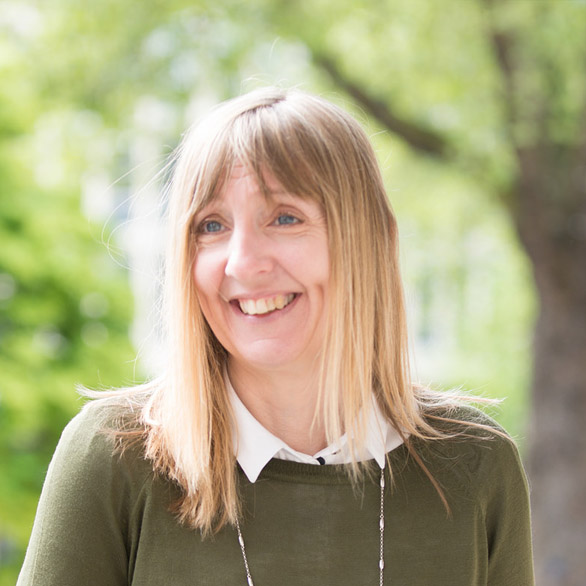News and insight
Filter
HESA consults on open data plans

We are planning to release higher education data as open data that anyone can access, use and share. We are consulting on these plans to gather the views of data users, HE providers who provide data to use, and anyone else with an interest in HE data.
Higher education student enrolments and qualifications obtained on undergraduate designated courses at alternative providers in England 2014/15

The AP SFR provides details of undergraduate student enrolments and qualifications obtained on designated courses by HE students at APs in England for the academic year 2014/15 who returned data to HESA. The APs who returned data to HESA in 2014/15 were large providers who offered HE courses within the AP sector. The AP SFR includes all undergraduate HE students enrolled on designated courses at these APs irrespective of whether the student was in receipt of SLC funding.
Transforming data quality assurance: An introduction for providers
Head of Data Quality AssuranceHESA takes pride in ensuring that the data it collects is accurate and robust.
Our data quality assurance procedures exist to interrogate data submitted to identify potential anomalies and offer providers the opportunity to improve the quality of their data. Our shared goal is for data that is fit for purpose.
BlogHow do we maintain public trust in data innovation?
Executive Director of the Royal Statistical SocietyThe Royal Statistical Society has been in the data game for over 180 years. We are now clearly in a period of considerable public and political interest in data with considerable hype and expectations placed on, for example, ‘big data’ and ‘data science’.
BlogDon't believe everything you read in the papers: Geography probably won't leave you unemployed

An article circulated in several local newspapers on Monday 16 May 2016 claimed to show the "top 20 least employable degrees". The article claims that HESA is the source of this list and has since been copied and shared widely. Here's the truth...
BlogHESA launches consultation on measuring graduate outcomes

As part of our fundamental review of destination and outcomes data for graduates from Higher Education, we are today launching a consultation to help determine what should replace the current DLHE (Destinations of Leavers from Higher Education) survey.
Expenditure of HE providers by activity 2014/15

Finances of Higher Education Providers 2014/15 shows that UK HE providers had a total expenditure of £31.2 billion in 2014/15. £11.8bn (38.0% of the total) was spent through academic departments. Medicine, dentistry and health departments accounted for 8.7% of total expenditure.
HMRC data brings some brawn, but HESA data is the brains of the operation
 Deputy Director, Data & Innovation
Deputy Director, Data & InnovationToday’s essential reading (on the train, in my case) is the IFS report authored by Anna Vignoles of Cambridge and Neil Shephard of Harvard. This is the second report from a landmark research project that uses HMRC tax data, SLC loans data, and HESA Student data to find out about some of the factors that affect graduate earnings.
BlogSROC Conference 2016
 Director of Statutory Operations
Director of Statutory OperationsThis week a group of staff from across HESA attended the SROC conference at Loughborough University, both as delegates and presenters. It was a great pleasure to present on the latest developments with Heidi Plus, on how to use HESA data, and on strategic and operational changes happening at HESA.
BlogOver 4,000 new graduate start-ups in 2014/15

The survey results show the number of new and on-going spin-off companies associated with UK HE providers. 129 spin-offs were started with some provider ownership in 2014/15. 4,160 graduate start-up companies and 138 social enterprises were formed
